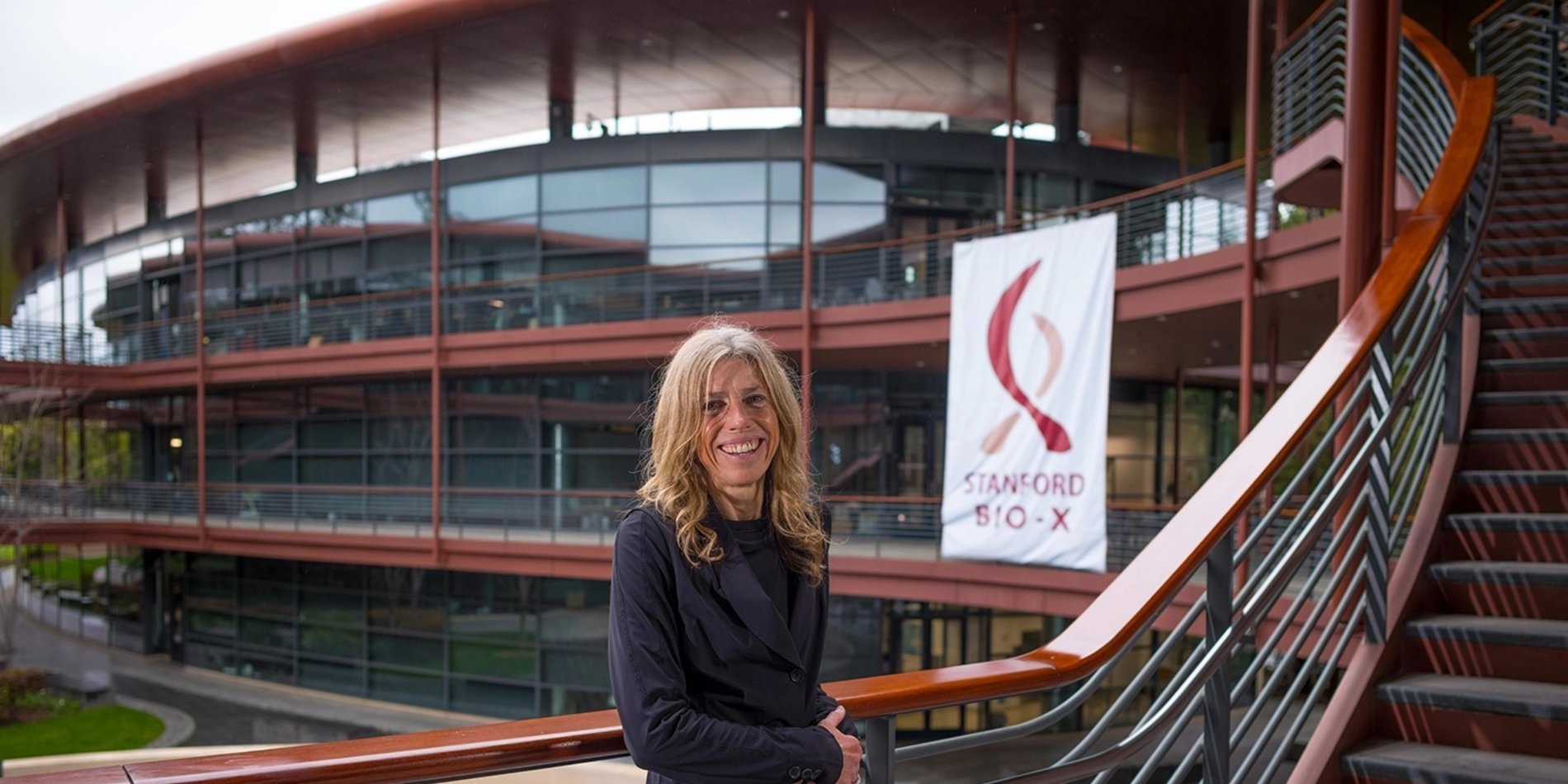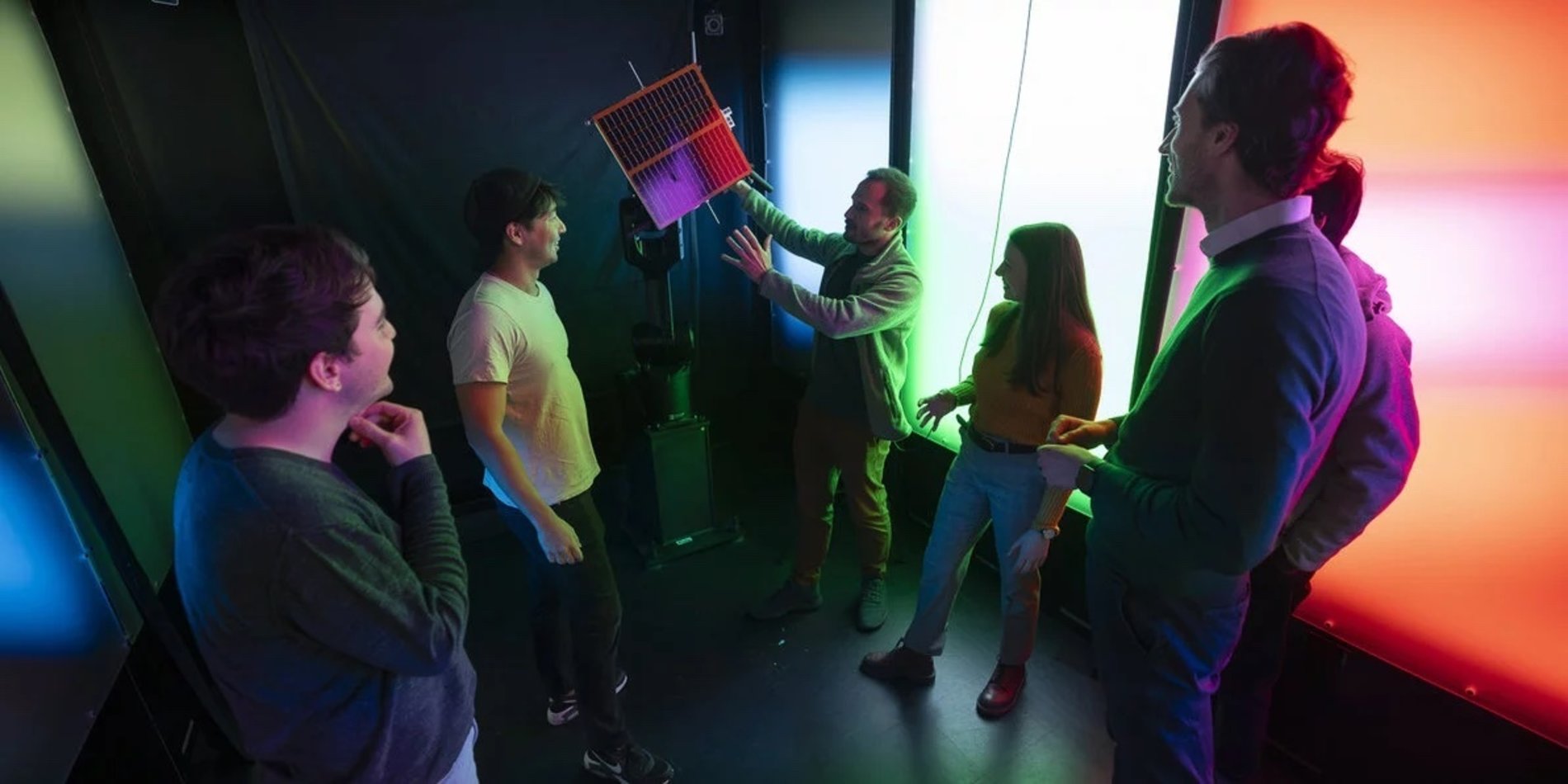New ICME Affiliated Faculty - Susan Athey, Catherine Gorlé, Ellen Kuhl, and Julia Palacios
We are very excited to announce the newest additions to the ICME affiliated faculty: Susan Athey, Catherine Gorlé, Ellen Kuhl, and Julia Palacios.
Susan Athey, Professor of Economics

Susan Athey is the Economics of Technology Professor at Stanford Graduate School of Business. She received her bachelor’s degree from Duke University and her PhD from Stanford, and she holds an honorary doctorate from Duke University. She previously taught at the economics departments at MIT, Stanford and Harvard. Her current research focuses on the economics of digitization, marketplace design, and the intersection of econometrics and machine learning. She has worked on several application areas, including timber auctions, internet search, online advertising, the news media, and the application of digital technology to social impact applications. As one of the first “tech economists,” she served as consulting chief economist for Microsoft Corporation for six years, and now serves on the boards of Expedia, Lending Club, Rover, Turo, and Ripple, as well as non-profit Innovations for Poverty Action. She also serves as a long-term advisor to the British Columbia Ministry of Forests, helping architect and implement their auction-based pricing system. She is the founding director of the Golub Capital Social Impact Lab at Stanford GSB, and associate director of the Stanford Institute for Human-Centered Artificial Intelligence.
Ellen Kuhl, Professor of Mechanical Engineering

Ellen Kuhl is the Robert Bosch Chair of Mechanical Engineering at Stanford University. She is a Professor of Mechanical Engineering and, by courtesy, Bioengineering. She received her PhD from the University of Stuttgart in 2000 and her Habilitation from the University of Kaiserslautern in 2004. Her area of expertise is Living Matter Physics, the design of theoretical and computational models to simulate and predict the behavior of living structures. Ellen has published more than 200 peer-reviewed journal articles and edited two books; she is an active reviewer for more than 20 journals at the interface of engineering and medicine and an editorial board member of seven international journals in her field. She is a founding member of the Living Heart Project, a translational research initiative to revolutionize cardiovascular science through realistic simulation with 400 participants from research, industry, and medicine from 24 countries. Ellen is the current Chair of the US National Committee on Biomechanics, an Executive Member of the US Association for Computational Mechanics, and a Member-Elect of the World Council of Biomechanics. She is a Fellow of the American Society of Mechanical Engineers and of the American Institute for Mechanical and Biological Engineering. She received the National Science Foundation Career Award in 2010, was selected as Midwest Mechanics Seminar Speaker in 2014, and received the Humboldt Research Award in 2016. Ellen is an All American triathlete on the Wattie Ink. Elite Team, a multiple Boston, Chicago, and New York marathon runner, and a Kona Ironman World Championship finisher.
Catherine Gorlé, Assistant Professor of Civil and Environmental Engineering

Gorlé received her BSc (2002) and MSc (2005) degrees in Aerospace Engineering from the Delft University of Technology, and her PhD (2010) from the von Karman Institute for Fluid Dynamics in cooperation with the University of Antwerp. Afterwards she was a Postdoctoral Fellow at the Center for Turbulence Research at Stanford University and a Research Professor at the von Karman Institute funded by a Pegasus Marie Curie fellowship. Before joining the Civil & Environmental Engineering Department at Stanford she was an Assistant Professor in the Department of Civil Engineering & Engineering Mechanics at Columbia University. Gorle's research focuses on the development of predictive flow simulations to support the design of sustainable buildings and cities. Specific topics of interest are the coupling of large- and small-scale models and experiments to quantify uncertainties related to the variability of boundary conditions, the development of uncertainty quantification methods for low-fidelity models using high-fidelity data, and the use of field measurements to validate and improve computational predictions.
Julia Palacios, Assistant Professor of Statistics and Biomedical Data Science

Dr. Palacios seeks to provide statistically rigorous answers to concrete, data driven questions in evolutionary genetics and public health . Her research involves probabilistic modeling of evolutionary forces and the development of computationally tractable methods that are applicable to big data problems. Past and current research relies heavily on the theory of stochastic processes, Bayesian nonparametrics and recent developments in machine learning and statistical theory for big data.


